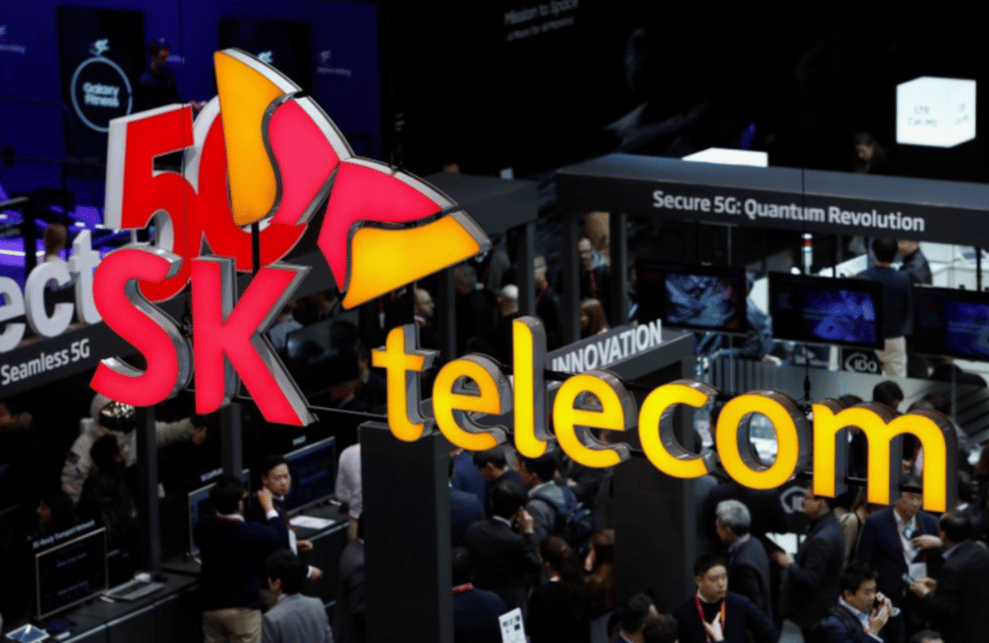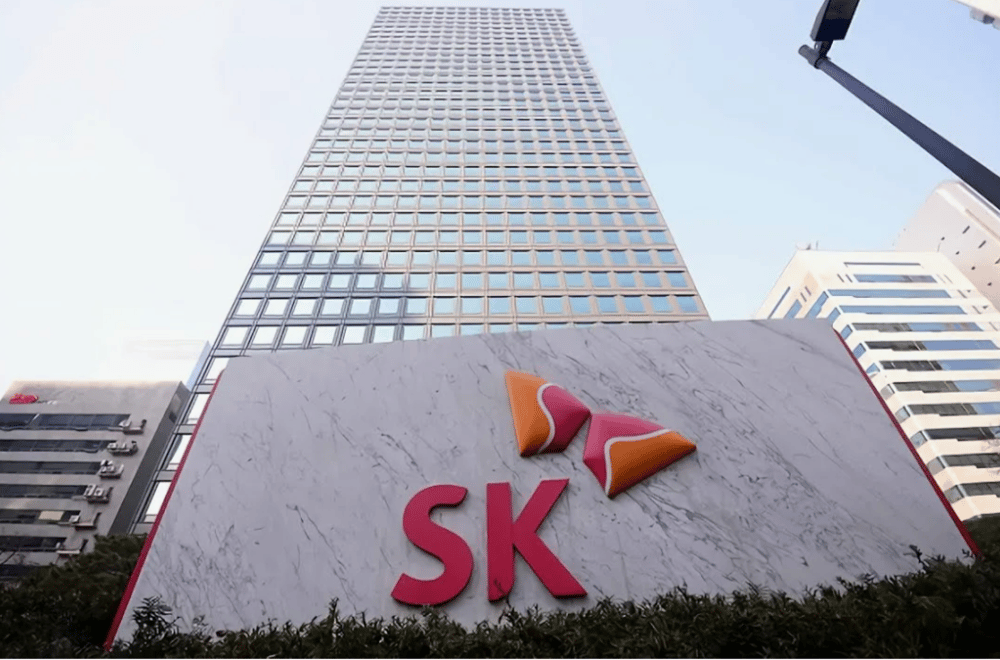SK Telecom Data Breach: SK Group CEO Apologizes Amid Growing Concerns
On Wednesday, Choi Tae-won, Chairman of SK Group, publicly apologized for a significant data breach at SK Telecom, South Korea's largest mobile network operator. The breach, which has raised serious concerns among 23 million users, was linked to a malware attack. With the potential risk of personal and financial information being stolen, SK Telecom's $SKM customers quickly sought measures to protect their sensitive data, including replacing their universal subscriber identification modules (USIMs) at no additional cost.
The Fallout from the Data Breach: Key Events Unfolding
SK Telecom's data breach, which was discovered on April 18, has ignited a wave of concern among its vast customer base. As one of South Korea's most prominent telecommunications companies, SK Telecom's reputation has been severely impacted by this incident, prompting swift action from both the company and government authorities. Despite the breach being linked to a malware attack, the scale of the potential data theft has left millions of customers anxious about the safety of their personal and financial information.
What We Know So Far:
Date of Discovery: The breach was detected on April 18, leading SK Telecom to take immediate steps to secure its systems and notify affected users.
Number of Affected Users: Approximately 23 million subscribers, or a significant portion of the population, were at risk of having their sensitive data exposed.
Cause of the Breach: SK Telecom identified the root cause of the leak as a malware attack. This highlights the growing threat posed by sophisticated cyber threats in an increasingly digital world.
Customer Response: In response to the breach, SK Telecom took proactive steps, including offering free replacements of USIM cards to mitigate further damage and protect user information.

How the Data Breach Affects SK Telecom's Customers and the Telecom Industry
The breach at SK Telecom is not just a matter of customer privacy; it is a wake-up call for the entire telecommunications industry. As cyber-attacks grow in complexity, companies must prioritize data protection to maintain trust and security within the digital ecosystem. While SK Telecom has taken initial measures to address the issue, the long-term consequences of this breach could reverberate across the telecom sector and beyond.
Potential Consequences for SK Telecom's Customers:
Compromised Personal Information: A significant concern for customers is the potential theft of personal data, including names, addresses, and contact information. The breach may also have exposed more sensitive data, such as financial details.
Increased Risk of Fraud: With millions of users affected, the stolen data could be exploited for fraudulent activities, including identity theft and financial fraud.
Distrust in Telecom Providers: As one of the largest telecom companies in South Korea, the breach erodes trust not only in SK Telecom but potentially in other service providers as well, especially if similar vulnerabilities exist across the industry.
Need for Cybersecurity Overhaul: The breach highlights the critical need for enhanced cybersecurity measures in the telecom sector, particularly in protecting user data from increasingly sophisticated cyber-attacks.
Steps Taken by SK Telecom to Address the Issue:
Free USIM Replacement: SK Telecom quickly initiated a program to replace compromised USIM cards for its customers free of charge. This proactive step helped mitigate immediate concerns by ensuring that users could secure their accounts.
Strengthened Security Measures: The company has also committed to improving its security protocols and systems to prevent future breaches. This includes investing in more advanced cybersecurity technologies and conducting thorough system audits.
Public Apology from Leadership: Choi Tae-won, the chairman of SK Group, took the rare step of publicly apologizing for the incident, acknowledging the severity of the breach and the distress caused to users.

The Broader Implications of Data Security in the Telecom Industry
This data breach at SK Telecom serves as a stark reminder of the vulnerabilities faced by large telecom operators in an increasingly connected world. It highlights the need for telecom companies to enhance their cybersecurity frameworks and proactively address potential threats before they escalate into large-scale breaches.
The Bigger Picture: Key Insights for the Telecom Sector
Heightened Focus on Cybersecurity: Telecom companies, which handle vast amounts of sensitive personal and financial data, must prioritize cybersecurity at every level of their operations. The SK Telecom breach underscores the need for stronger defenses against malware and other malicious software attacks.
Regulatory Oversight: As the digital landscape evolves, regulators may impose stricter requirements on data protection and breach notifications. Telecom companies must be prepared to comply with these evolving regulations to avoid penalties and reputational damage.
Consumer Trust and Reputation: Trust is the cornerstone of any customer-facing industry, particularly in telecoms. Companies that fail to protect user data risk losing customer loyalty and facing significant brand damage.
Conclusion: Rebuilding Trust After the Breach
While SK Telecom has taken initial steps to address the data breach, the company faces an ongoing challenge in restoring customer confidence. The breach highlights the urgent need for stronger cybersecurity measures within the telecom industry and sets the stage for broader discussions on data protection and privacy. For now, SK Telecom’s swift action, including offering free USIM replacements and publicly apologizing for the incident, represents a critical first step in regaining customer trust.
The telecom sector as a whole will need to learn from this breach, investing heavily in security and ensuring that such incidents are prevented in the future. Only then can they ensure that user data remains safe in an increasingly digital and interconnected world.















Comments
It's reassuring to see SK Group taking responsibility for the data breach, but we need stronger security measures to prevent future incidents.
Decisions like these have the power to reshape the future of tech automation